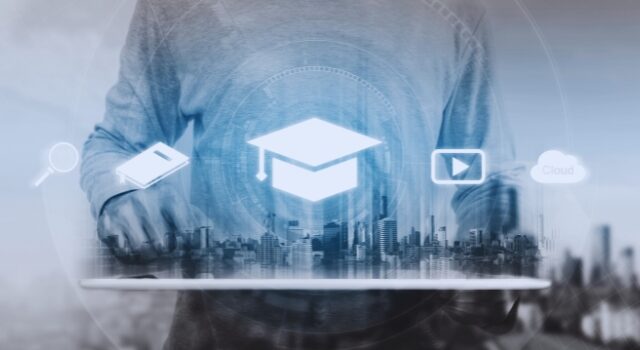
The digital age has ushered in a new era of education, where one-size-fits-all approaches are giving way to personalized learning. This method tailors educational content and experiences to the individual needs, preferences, and abilities of students, leveraging technology to enhance engagement and outcomes. With advancements in artificial intelligence (AI) and big data, personalized learning is transforming how students learn and educators teach.
What Is Personalized Learning?
Personalized learning involves customizing the pace, content, and delivery of education to match individual learners. Unlike traditional models, which often cater to the average student, this approach acknowledges that each learner has unique strengths, weaknesses, and interests.
The Role of Technology in Personalized Learning
1. AI-Powered Platforms
AI tools analyze student data to identify learning gaps and recommend resources tailored to specific needs. For instance, platforms like DreamBox and Khan Academy use AI to adapt lessons in real time.
2. Learning Management Systems (LMS)
LMS platforms provide a centralized space for tracking progress, submitting assignments, and accessing resources, enabling educators to monitor individual student growth effectively.
3. Gamification
Gamified learning platforms like Duolingo make education engaging by integrating game elements such as rewards and challenges, catering to diverse learning styles.
Benefits of Personalized Learning
Improved Engagement
Tailored content keeps students interested, reducing boredom and frustration. When learners interact with material that resonates with their pace and style, they are more likely to stay motivated.
Better Outcomes
Studies have shown that personalized learning improves academic performance and retention rates, particularly among students who struggle with traditional teaching methods.
Fostering Independence
Students gain autonomy over their learning journey, building self-confidence and critical thinking skills that extend beyond the classroom.
Challenges in Implementing Personalized Learning
Equity Issues
Not all schools have access to the technology and resources necessary for personalized learning, creating a digital divide.
Data Privacy Concerns
The use of student data in AI-driven platforms raises questions about privacy and security.
Teacher Training
Educators must adapt to new tools and approaches, which requires ongoing professional development.
Case Study: Success in Personalized Learning
Summit Public Schools, a network of charter schools in the U.S., has implemented personalized learning with significant success. By combining technology with a mentorship-driven approach, Summit empowers students to set goals, track their progress, and master content at their own pace. The result has been higher graduation rates and improved college readiness.
The Future of Personalized Learning
Emerging trends such as augmented reality (AR) and virtual reality (VR) promise to take personalization to new heights. Imagine a history lesson where students virtually explore ancient civilizations or a biology class with immersive 3D dissections.
Conclusion
Personalized learning is not just a buzzword; it’s a transformative approach redefining education. While challenges exist, the potential benefits for students, educators, and society at large make it a critical area of focus. By investing in equitable access and ethical practices, personalized learning can become a cornerstone of modern education.








